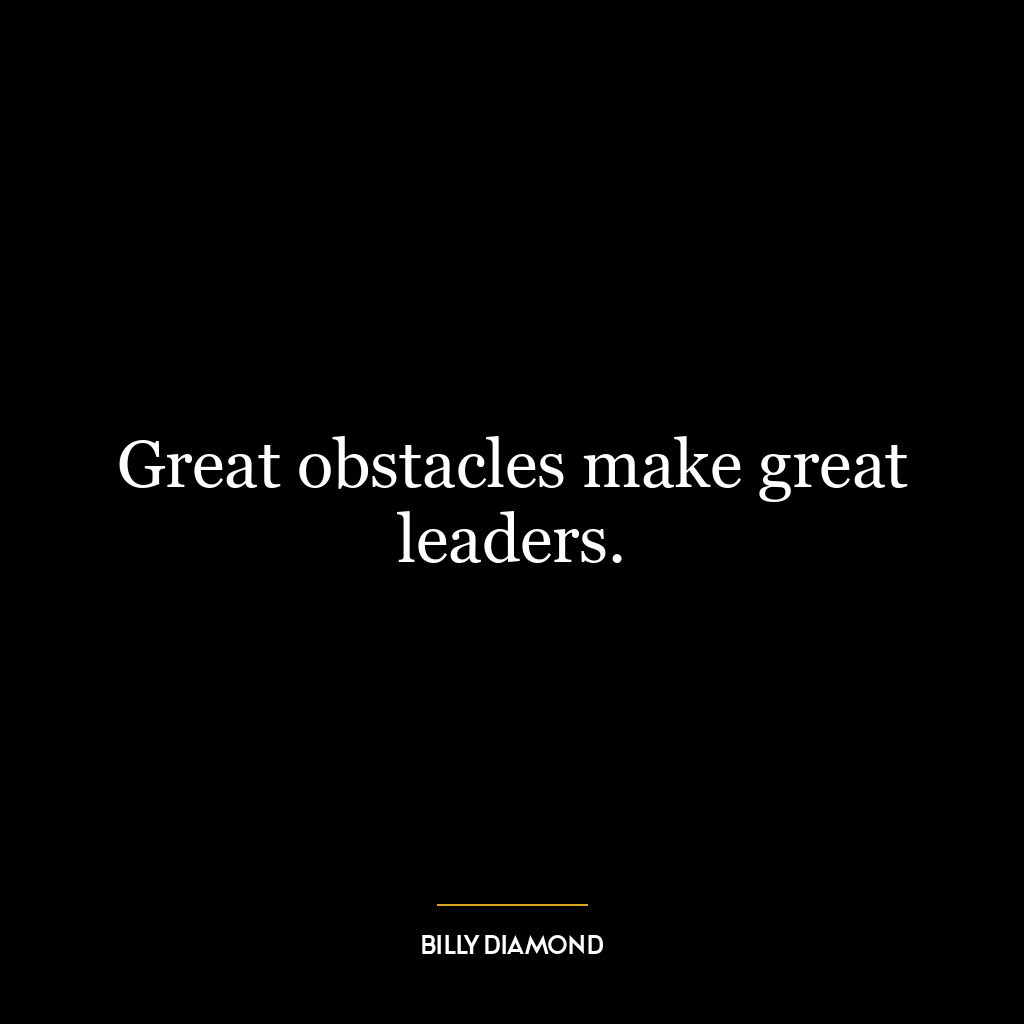'Killing' Quotes
Killing Quotes’ are powerful and thought-provoking statements that have the ability to inspire, motivate, and challenge individuals and society. These quotes often contain profound truths and insights that have the power to change perspectives and shape the course of history. From ancient phil…Read More
Killing Quotes’ are powerful and thought-provoking statements that have the ability to inspire, motivate, and challenge individuals and society. These quotes often contain profound truths and insights that have the power to change perspectives and shape the course of history. From ancient philosophers to modern leaders, ‘Killing Quotes’ have been used to convey important messages and spark change. They have been used to inspire revolutions, challenge social norms, and encourage personal growth. These quotes have stood the test of time and continue to resonate with people across the globe, reminding us of the power of words and the impact they can have on our lives.Read Less
Killing Quotes’ are powerful and thought-provoking statements that have the ability to inspire, motivate, and challenge individuals and society. These quotes often contain profound truths and insights that have the power to change perspectives and shape the course of history. From ancient philosophers to modern leaders, ‘Killing Quotes’ have been used to convey important messages and spark change. They have been used to inspire revolutions, challenge social norms, and encourage personal growth. These quotes have stood the test of time and continue to resonate with people across the globe, reminding us of the power of words and the impact they can have on our lives.
6 Notorious 'Killing' Quotations and Sayings
Killing – Symbolic Value
The concept of killing has been a part of human existence since the beginning of time. It is a complex and controversial topic that has been explored in various forms of literature, art, and media. While the act of killing is often associated with violence and destruction, it also holds a symbolic value that goes beyond its literal meaning.In many cultures, killing is seen as a symbol of power and dominance. The ability to take a life is often equated with strength and control. This is evident in ancient civilizations where warriors were glorified for their ability to kill their enemies. In some cultures, killing is also seen as a way to honor the dead. Sacrificial killings were a common practice in many ancient societies as a way to appease the gods and ensure a good harvest.
Killing – Cultural and Historical Significance
The cultural and historical significance of killing can also be seen in religious beliefs and rituals. In some religions, killing is seen as a necessary sacrifice for the greater good. For example, in Christianity, the crucifixion of Jesus is seen as a sacrifice for the salvation of humanity. Similarly, in Hinduism, the concept of ahimsa (non-violence) is balanced by the belief in dharma (duty) which may require killing in certain situations.Throughout history, killing has also been used as a means of punishment and justice. The death penalty, although controversial, has been a part of many legal systems around the world. In some cultures, killing is also seen as a way to restore honor and seek revenge. Blood feuds and honor killings are examples of this.
Killing – Common Themes in Motivational Contexts
In motivational contexts, killing is often associated with survival and self-preservation. In times of war or conflict, killing is seen as a necessary means to protect oneself and one’s community. This is evident in the concept of “kill or be killed” where individuals are forced to take a life in order to save their own.Killing is also a common theme in literature and media, often used as a plot device to explore the human psyche and moral dilemmas. The idea of killing for a greater cause or for personal gain is a recurring theme in many works of fiction. It raises questions about the value of human life and the justification for taking it.
Killing – Portrayal in Art and Media
The portrayal of killing in art and media has evolved over time. In ancient times, it was often depicted as a heroic act, glorifying the killer and their actions. However, as society has become more aware of the consequences of violence, the portrayal of killing has shifted to a more realistic and critical perspective.In modern media, killing is often portrayed as a traumatic and devastating experience for both the victim and the perpetrator. It is also used as a commentary on the effects of war and violence on individuals and society as a whole. The use of graphic violence in media has sparked debates about its impact on desensitizing audiences to the reality of killing.
Killing – Impact on Understanding of Life and Society
The concept of killing has a profound impact on our understanding of life and society. It raises questions about the value of human life and the morality of taking it. The cultural and historical significance of killing also sheds light on the evolution of human beliefs and values.In today’s society, the prevalence of violence and killing in media has desensitized us to its consequences. It has also perpetuated harmful stereotypes and glorified acts of violence. However, the portrayal of killing in art and media can also serve as a reflection of our society and spark important conversations about the impact of violence on individuals and communities.In conclusion, the concept of killing holds a symbolic value that goes beyond its literal meaning. It has played a significant role in shaping our cultural and historical beliefs, as well as our understanding of life and society. While it is often associated with violence and destruction, it also serves as a powerful tool for exploring complex themes and issues in various forms of art and media.





